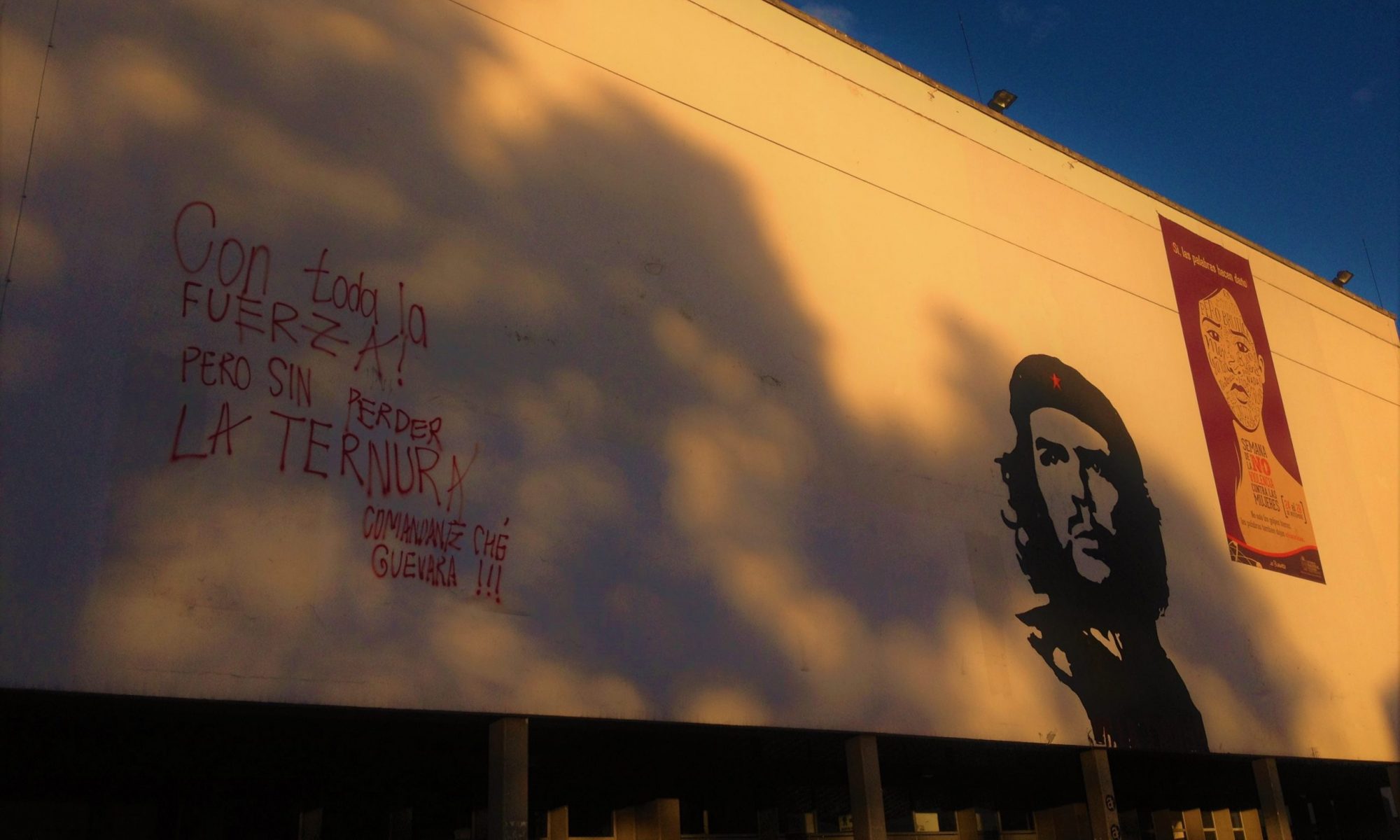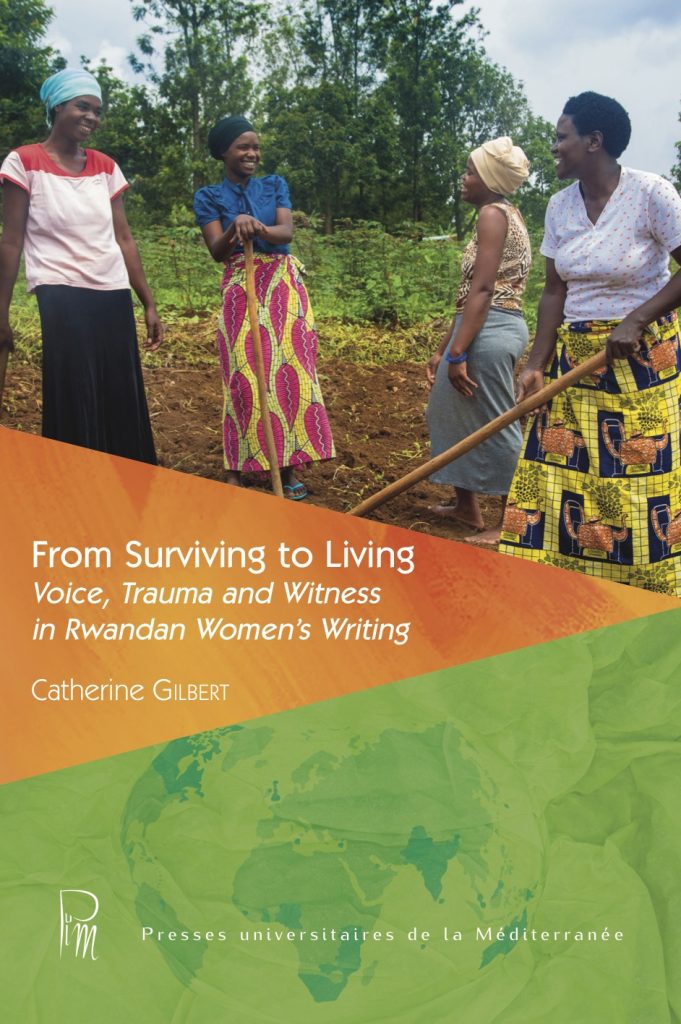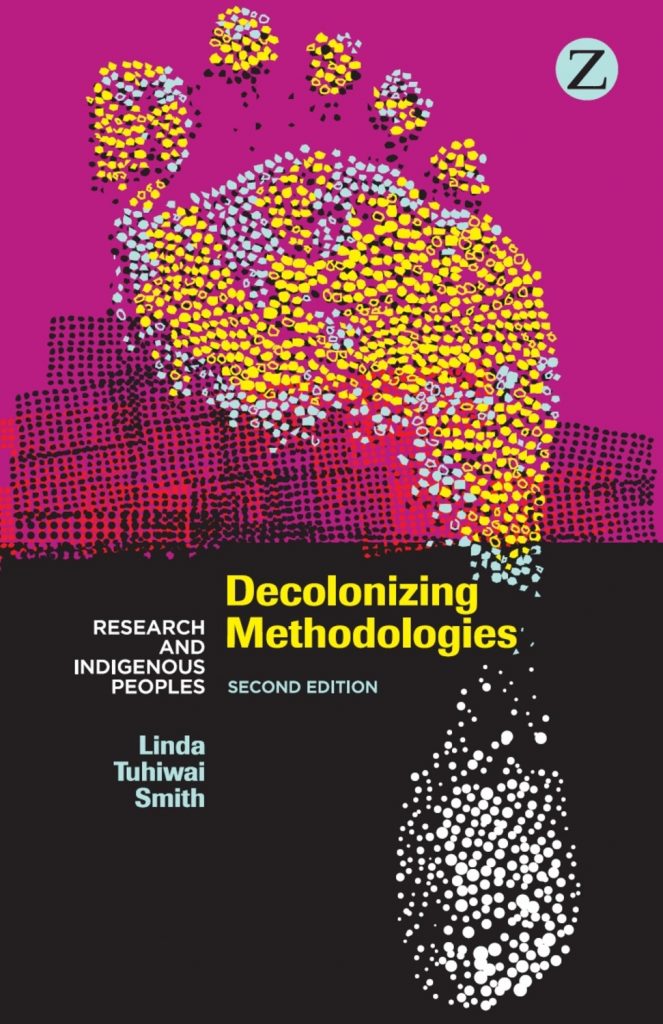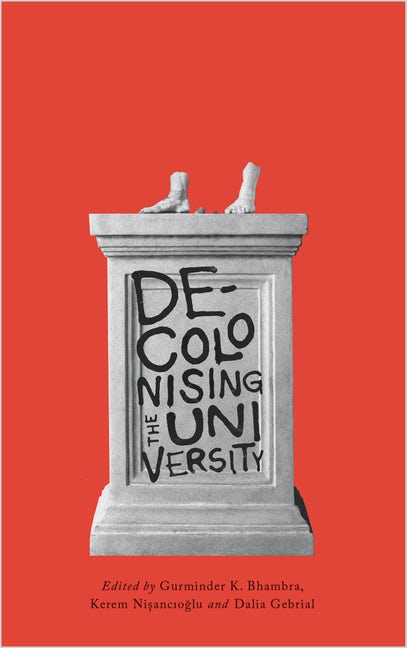By Jemima Ajayi
In November 2020, as part of the preparation for my Spanish interpreting class, I was researching Fairtrade just to pick up vocabulary that I could add to my glossary for the topic. Whilst on the Fairtrade Foundation’s website, I came across an article called ‘Why it’s time to decolonise the curriculum and diversify learning’. The title caught my attention, and the first line states that ‘research revealed that young people in England could leave secondary school without studying a novel or play written by a non-white author’. This struck me greatly because up until that moment I had never realised that, and it was a statement that was very true for my own education. I took both Drama and English Literature at GCSE and I continued with Drama for A-Levels, and amongst Shakespeare, Priestley and Steinbeck, not once did we study plays or books written by a person of colour – in other words, someone who looked like me. The curriculum did not reflect the diverse student population of my school, let alone the demographics and realities of the country. Looking into AQA’s current curriculum for AS and A-Level English Literature, out of the many novelists and poets on the list of recommended works, the African American author Alice Walker and the Indian author Arundhati Roy are the only writers of colour I could find, appearing as a tokenistic gesture. Worse still, even if these two authors are on this list, it is another question whether teachers actually choose to teach their work. As anecdotal evidence, three of my friends who studied A-Level English Literature between 2016 and 2019 said that their teachers chose not to.
Coming to the realisation that my English and Drama lessons had been so lacking in diversity and alternative perspectives made me reflect on the rest of my education. Unfortunately (although not surprisingly), a trend emerged: History classes did not explore Britain’s history of slavery and colonialism or their lasting impacts within British society and around the world; Spanish classes never even briefly mentioned how Spain – like Britain – was involved in the transatlantic slave trade and colonialism not just in the region today known as Latin America, but in Africa and Southeast Asia as well. It is clear, however, that the UK is nowadays more aware of its cultural diversity as exemplified by cultural events such as the Notting Hill and Leeds Carnivals celebrating Caribbean heritage, or the Lunar New Year celebrations that are normally celebrated in many of the country’s major cities. As a result, we have an education system that is out of sync with Britain’s realities.
What this means is that year after year there are cohorts of students leaving compulsory education with a very narrow vision of the world due to the serious gaps in our current curriculum. Students may be led to believe that the only literary works of value come from white writers of the Global North, unaware of writers such as Chimamanda Ngozi Adichie, Tomi Adeyemi or Khaled Hosseini. As for History, we cannot forget to teach students why Britain, the USA and Europe are considered the economic and cultural centres of the world, and what sort of historical processes were put in place to coerce and exploit the Global South into, for example, producing raw materials such as sugar and tea, thus forming the backbone of the West’s wealth. A key part in decolonising the curriculum involves looking at events in a global context: when studying a specific era of one country’s history, it is damaging to examine events in a void, and it is important to also look into what was going on elsewhere at that time to see how interconnected history has always been.
Bearing in mind the holes left after finishing compulsory education, I had hoped that university would fill in the gaps of knowledge and take a more decolonial approach in terms of content covered. As a student on a Modern Languages course specialising in Spanish and Portuguese, I had imagined that in our Spanish language classes – not just the optional cultural modules – we would discuss all of these important topics that had always been omitted from primary and secondary curricula. Unfortunately, this was not often the case. In our Spanish lessons, we did not talk about or debate the impacts of Spanish colonialism; we did not discuss, for example, African, Latin American, or Asian diasporas living in Spain.

Through my own research, I have found many resources that broadened my view of the Spanish-speaking world: videos on the black experience in Spain and on discrimination still faced by indigenous Mexicans, an article exploring having Chinese heritage whilst growing up in Spain, a film touching on Afro-Venezuelan identity (Pelo Malo), and information on the Costa Rican writer of African descent Quince Duncan, dubbed ‘Costa Rica’s leading Afro–Caribbean writer’.
I understand that in specific cultural modules for Spanish, topics such as race and colonialism are included. With this blog reflection, however, I would like to propose that such discussions need not only be available in optional cultural modules but should have a tangible presence in our core language classes as well. For instance, linking back to the resources mentioned above, it would be great to include the voices of those marginalised in the Hispanic world: let’s discuss race and migration in Spain, indigenous cultures and activism in Latin America, or Spanish colonialism in Equatorial Guinea and the Philippines (there are no cultural modules discussing these two former colonies). Debating more complex issues in our language classes would not only be beneficial to the development of our verbal communication, but would also increase our knowledge of the histories and realities tied to the language.
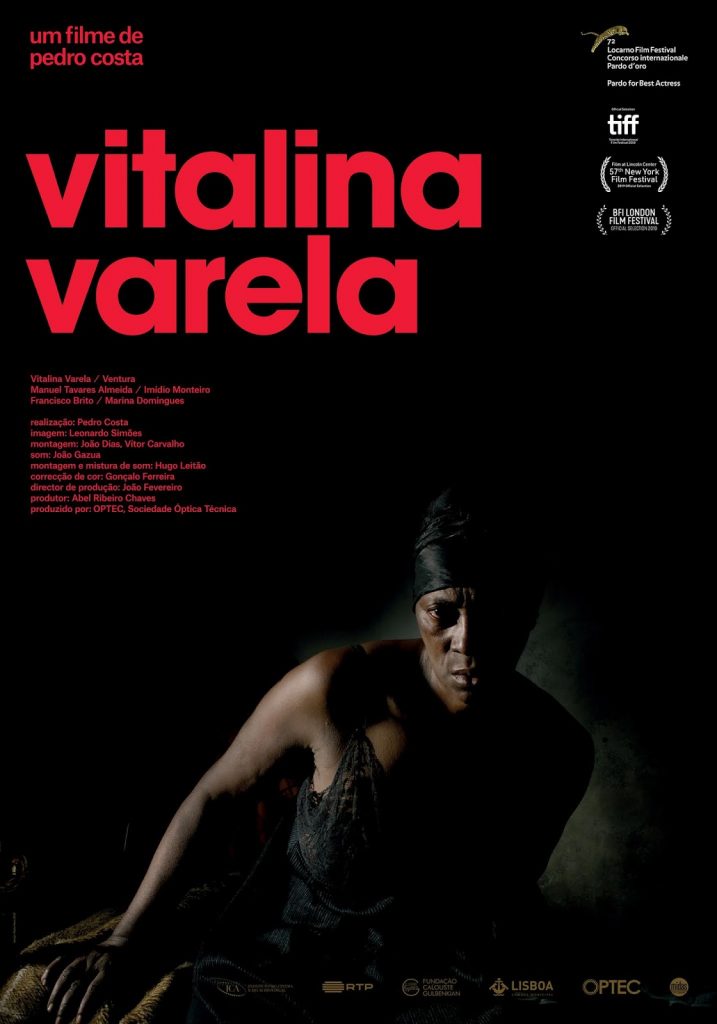
As a counterpoint, my Portuguese language lessons have been more effective in their decolonising approach to teaching, through discussing contemporary indigenous Brazilian issues and activism with guest speaker Vanessa Pataxó, recommending the film Vitalina Varela which highlights a Cabo-Verdean viewpoint of life in the Portuguese capital, and reminding us of the scope of the Lusophone world including countries such as Mozambique, Timor-Leste and Angola. The result is that we are getting to know the Portuguese-speaking world through the eyes of many, not just the coloniser. Education at all levels plays an integral role in shaping how we view the world and interact with it. Consequently, in all areas of study, whether it is English, History or Modern Languages, educators should ensure that students have access to multiple perspectives of the content studied. In doing so, old colonial structures that continue to be reproduced can finally be broken down. It will not be easy, nor will it happen overnight, but it will be the genuine and committed structural changes from within our education system that will mark the first real step.
[Jemima Ajayi is currently a second-year student studying Spanish and Portuguese Translation and Interpreting at the School of Modern Languages, Newcastle University. This is her first ever blog post, and she is excited to share her thoughts on such an important topic.]
